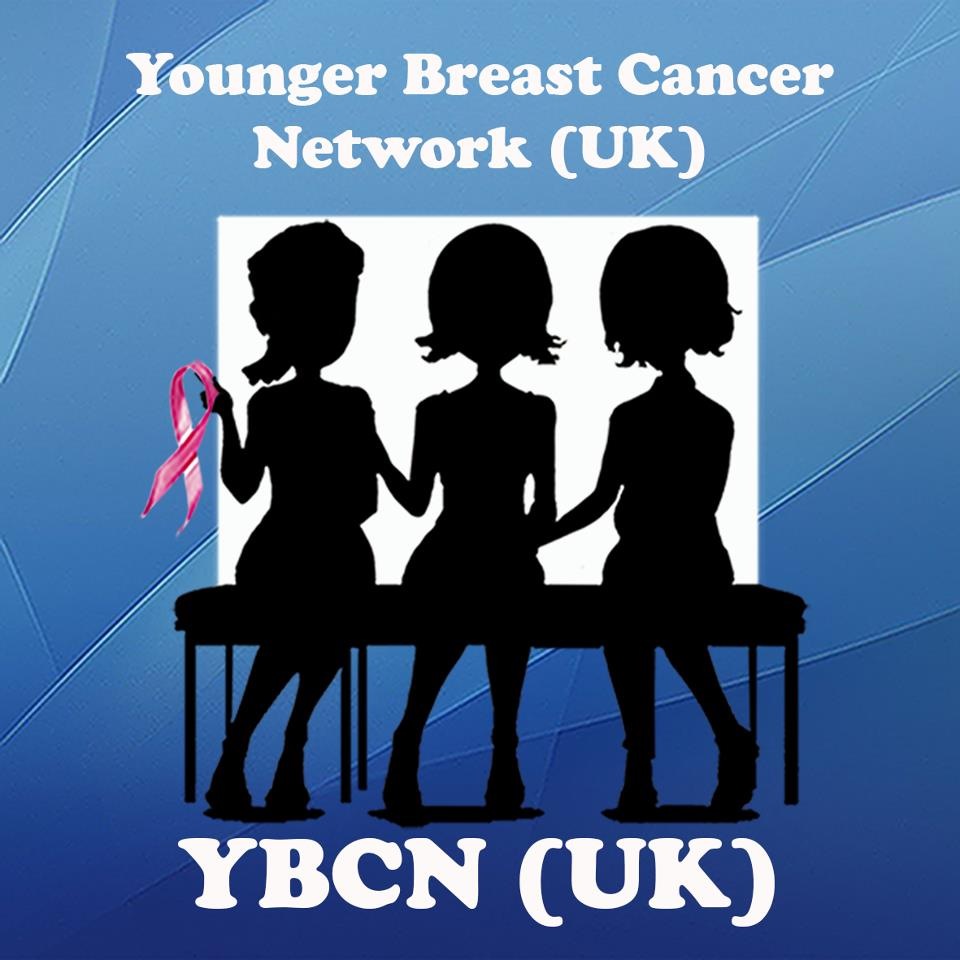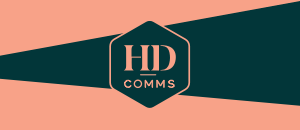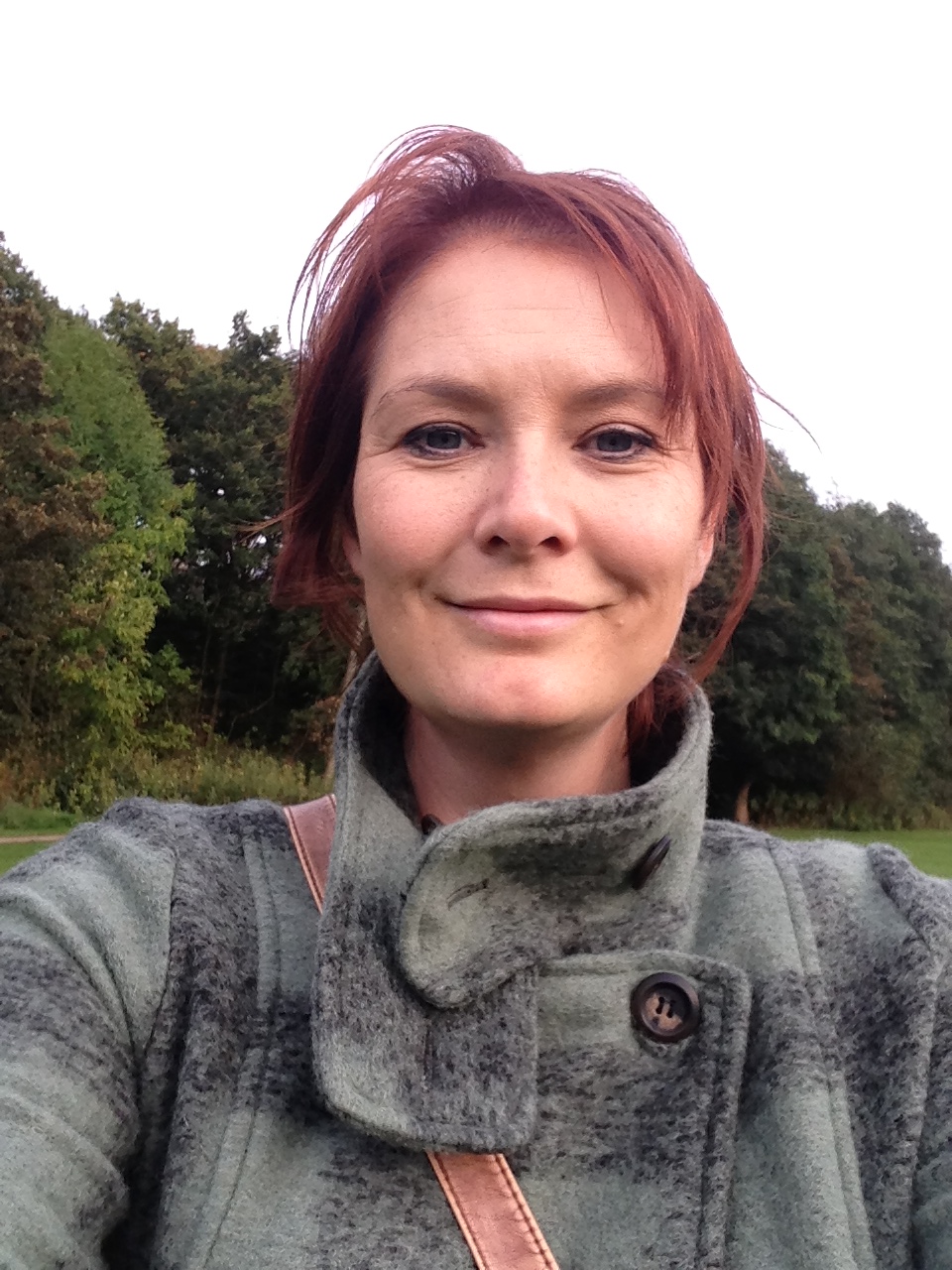Creating a community – my interview with YBCN founder Victoria Yates
February 22nd, 2015
 Since my recent breast cancer diagnosis, I’ve been a member of the Younger Breast Cancer Network (YBCN), a secret Facebook group for women diagnosed under the age of 45. For a young woman, breast cancer can have a vastly different effect on your life, to that of an older woman; your life is just taking off when the brakes are suddenly applied. Relationships and marriages are tested while still in their infancy, careers are put on hold and the prospect of children is no longer a certainty.
Since my recent breast cancer diagnosis, I’ve been a member of the Younger Breast Cancer Network (YBCN), a secret Facebook group for women diagnosed under the age of 45. For a young woman, breast cancer can have a vastly different effect on your life, to that of an older woman; your life is just taking off when the brakes are suddenly applied. Relationships and marriages are tested while still in their infancy, careers are put on hold and the prospect of children is no longer a certainty.
And that’s why the YBCN is so special. It offers peer support, humour and friendship from women going through the same thing at a similar age. It was set up by Victoria Yates (Vickie), a solicitor in Manchester who was diagnosed with breast cancer at the age of 36 in 2010. As the youngest woman in the breast clinic waiting room, the online forums and events, she had never felt more alone.
So she set up a Facebook group to connect with other young women dealing with breast cancer in the Manchester area. However, after promoting it through Breast Cancer Care and MacMillan’s websites, she was inundated with requests to join from young women from across the UK.
Today, the YBCN has 1400 members, 17 sub-groups, and is managed by 14 volunteers. Vickie agreed to chat with me about how the network has grown far beyond her expectations, what she has learnt about community management along the way and her plans for the network’s future.
When you set up the YBCN did you have any idea of the need for a group like this in the UK?
No, not really. I decided to set it up after attending Breast Cancer Care’s Younger Women Together event where I met other young women who’d been having treatment in the Manchester area at the same time as me. No one had put us in touch with each other and it would’ve made such a difference to me to have known someone else in a similar situation to help normalise the experience. I originally thought there’d be about 40 or 50 women from around Manchester but within a couple of days women from across the country were contacting me. I realised there was a bigger need so opened it up to the whole of the UK and later Ireland.
At what point did it change from a general discussion group to something you felt needed more management?
I originally had two women helping me that I met at the Younger Women Together event (there are now 14). We quickly realised how popular it was so we started actively managing the group. The first thing we did was to set up sub groups for moving on, secondary breast cancer and research, to take the contentious stuff out of the main discussion. Women have to request to join these groups, which avoids newly diagnosed women still in the horror stage stumbling across it at a time when they just need support.
I’ve never had to instigate conversation, our members have populated it from the beginning without needing any encouragement. I have a different bond with the first set of women who used it as there weren’t as many of us so we knew each other better. That worried us in the beginning as we wondered how we’d be able to keep that sense of community as the network grew. To combat that we’ve now introduced regional groups and threads for things like women who are having chemotherapy at the same time, women who are diagnosed while pregnant, or those who want to talk about fertility concerns so despite our large numbers, we can still bond with each other on specific things that are concerning us.
You have a group of volunteers that help you run the group called Ednas, why are they called Edna?!
Once I realised the group was growing I decided to give the admins an identity to make it easier for people to recognise us – with 14 Ednas it’s hard for people to keep track of who is or isn’t involved with the admin side of things. Edna is a fictional old lady who had breast cancer as a young woman and has been fine ever since. It also makes it easier for people to find us when searching on Facebook.
What are the responsibilities of an Edna and how do you choose them?
A lot of the Ednas pick themselves without realising. I’ll see something in the group that I need to act on and a member will have beaten me to it and already said the right thing. These are the people I tend to approach. I always keep a lookout for new Ednas as naturally current ones will want to move on and leave this experience behind them to get on with their lives. I look for people whose judgement I’ve learnt to trust in the group, a pair of safe hands really. The great thing about the group is that the one thing we all have in common is breast cancer but we’re from all walks of life so it brings in a wealth of talent and experience. Our Ednas are quite diverse, which is really useful.
How does the management of the group work in practice?
It’s not a formal process as everyone is a volunteer. We have a separate Edna group where we discuss anything of concern such as inappropriate comments, photos, or even promotion of members’ businesses and decide the best course of action. Sometimes people post links to fundraising pages and while we’d love to support everyone’s efforts, we have 1400 members and if we let them all share their links there wouldn’t be room for anything else. Some people do get upset when we take things down and it’s gutting when we do as people are just being nice but we work really hard to make sure the group is a safe, fun and supportive place to be.
I tend to have the final say, but recently I’ve been letting the Ednas come to their own conclusions on things as well, because as the group continues to grow, we need more people with the confidence to make those difficult decisions.
One of my rules as an Edna is that no post goes unanswered, and when I do comment I post as myself not Edna. I think it’s important to have my own individual presence as well and for people to be able to see the person in charge is a real person.
Another thing we have to manage is members who are extremely distressed and threaten to overwhelm the whole group. We have a duty of care to that individual who might say things in this state they wouldn’t normally say and it can make it difficult for them to be part of the community in the future due to embarrassment. We also have to consider the impact that individual is having on the other members of the group who are vulnerable too.
We try to support these people by creating secret time out groups where we can talk to them away from the other members. We make it clear we’re not mental health professionals and direct them to trained people that can help. But sometimes we’re the only people they’re talking to and we can’t just turn our backs. It has caused many sleepless nights and in a situation when it’s absolutely necessary we will use Facebook’s flagging option as the individual’s safety is more important than the privacy of our group.
How did you decide on the rules for the group?
I just sat down and wrote them on my iPad! I’d been part of other forums before I set this up and knew what I did and didn’t like about it and how I wanted a community to be. It has my personality stamped all over it to be honest. For example, I didn’t like how in other groups contentious issues such as which foods might be linked to breast cancer could kick off and overwhelm the group, so it was a very conscious decision at the beginning to create a separate research group. I also wanted there to be humour and an overall positive feeling so I try to set that tone through my posts and I think that has influenced the culture of the group for the better.
(Note: When a new member joins, they have to read the rules and post a comment saying they accept them.)
Why did you choose to use Facebook as the platform for the network?
As we have no funding, we had to use Facebook. There are pros and cons to this as we’ve had to adapt to what Facebook can offer us to suit our group’s needs. For example, measurement has been tricky. When we first set it up we were able to see how many people viewed individual posts but after 200 posts that facility is no longer available. We’ve done stats on how many people respond to different threads within the group and we can see how many views we get on our public Facebook page and the amount of likes etc. A lot of the time as the community manager I get a real sense of when the group is going well and when the general mood is dipping and respond accordingly.
But on the positive side Facebook feels so normal for people, it feels like you’re just chatting to your friends and helps it seem like a normal part of your life. In that way Facebook is invaluable as a platform.
As a group, we’ve recently had a few of our members pass away, which has hit everyone very hard. How do you as a community manager cope with this?
The flip side of a support group is that your exposed to this sort of thing but it’s something we all worry about and will all google so no doubt all our members will come across the sad stuff anyway (my mantra is that google is mental self-harm!).
I always feel really guilty when something like this happens as if I hadn’t set up the group, you wouldn’t have known that girl and you wouldn’t be upset. I have to talk myself out of it and remind myself the group provides invaluable support and the girls that die had that support as well.
The vibe in the group can change very quickly and when something like this does happen, people can hold back on posting positive things as they think it will be inappropriate. I have a responsibility to lift the mood again so I often start games within the group, such as tell us an interesting fact about yourself. This also helps to create bonds and gives people who aren’t active posters an opportunity to join in.
Do you ever have days where you wish you hadn’t started the group as you feel you haven’t been able to move on from your own diagnosis?
I feel like my life is shifting in a different direction but I think that would have happened anyway due to having had breast cancer. I’m really pleased I’ve been able to create something that’s helped so many people, it’s a good feeling. It also helps me to make sense of what happened to me.
What does the future hold for the YBCN?
We’re hoping to get charity status later this year and will be setting up a website that will serve as a one stop shop for young women diagnosed with breast cancer. It will include services that can help, links to other charities, articles that are useful; basically everything you learn from going through breast cancer so it will save others having to learn it all by themselves.
We will still keep the Facebook group, although I will look at other alternatives in case anything ever happened to the Facebook platform that was out of our control, as I think it works really well.
We have recently started doing more on the political and campaign side of things and our public profile is growing as we have the stories and the young women who have come together to form a real community voice. It’s something that has come about through our members desire to be active and do something, rather than being an aim of the YBCN. But as we build stronger relationships with the bigger breast cancer charities and our members continue to want to have a voice we’d like to continue developing that.
Ultimately, I want to progress the network while maintaining its unique culture that makes it so special.
You can follow the YBCN on Twitter (@YBCN_UK) or on its public Facebook page (https://www.facebook.com/YoungerBreastCancerNetwork)
Categories: Breast cancer • Helen Deverell • Internal communication • Social media • YBCN





[…] I cannot express in words how vital the network has been supporting me whilst going through my primary and secondary breast cancer diagnosis’s. There is a secret group where younger women aged between 20 and 45 from all over the UK can chat to each other and offer support, share experiences, cry, laugh and generally go through this cancershitstorm together without feeling alone. If you’re interested to know a bit more about how the network is run, then check out this awesome interview about it’s founder Victoria Yates written by one of our lovely members. […]